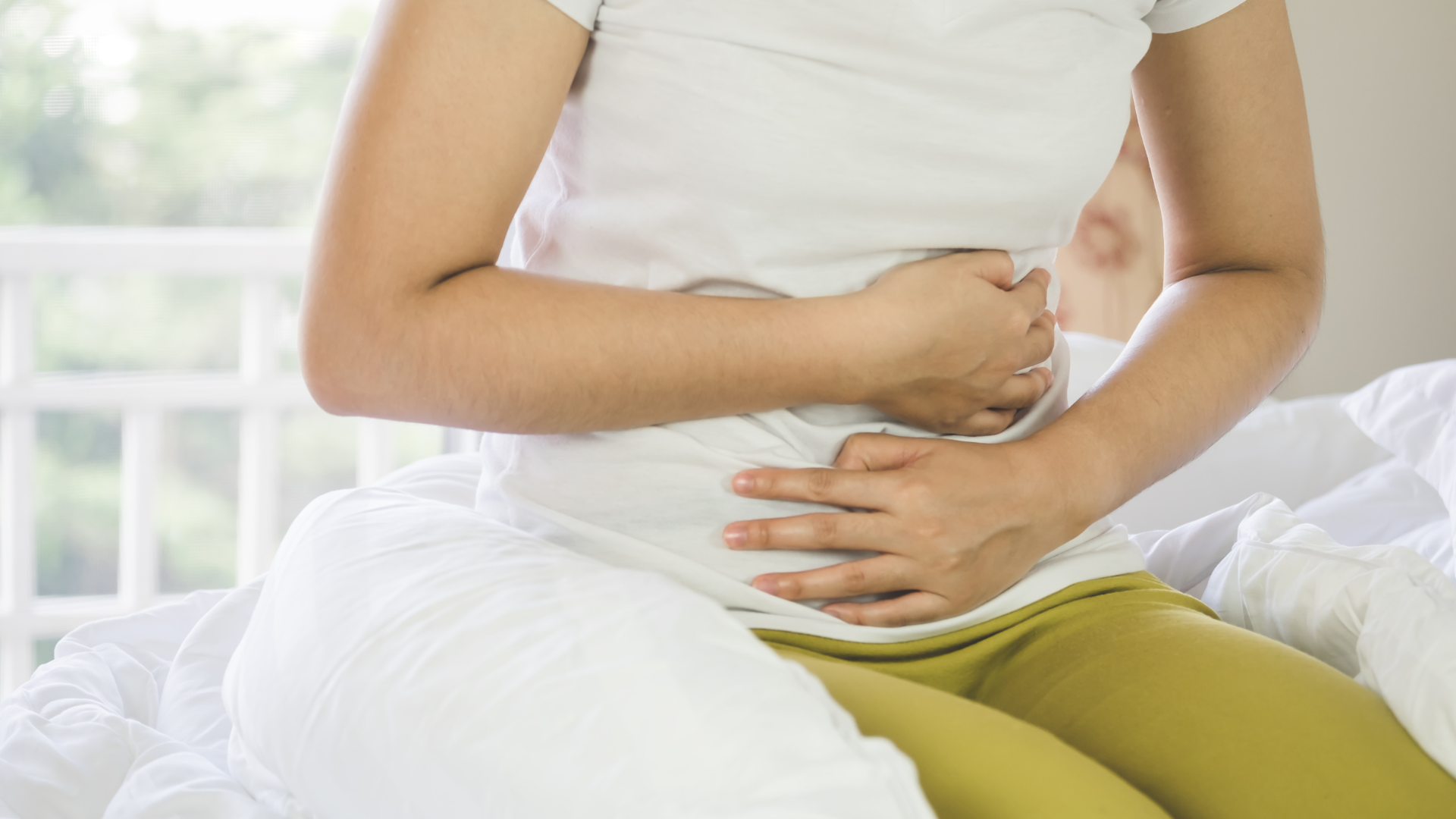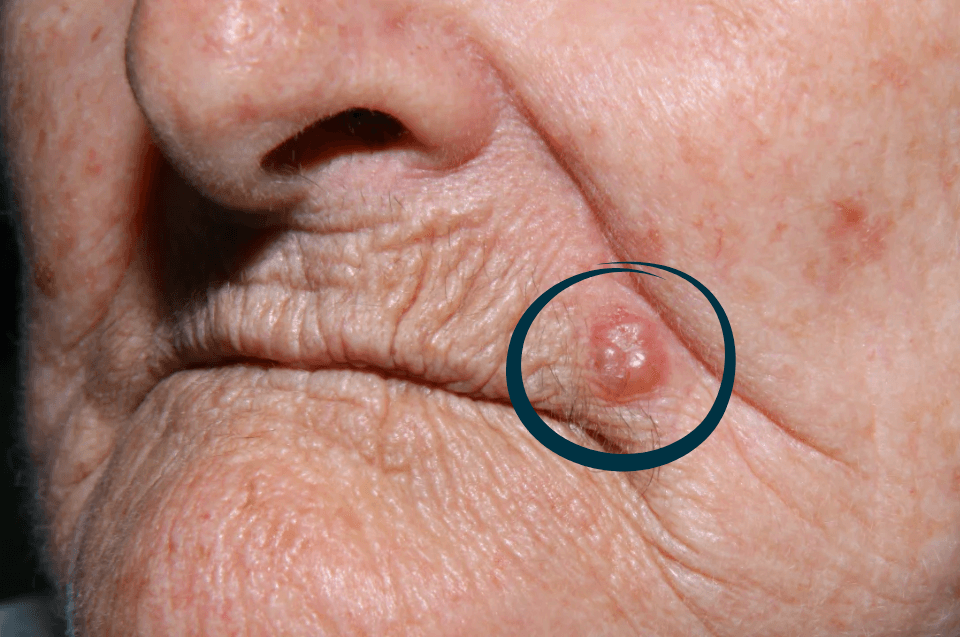A gastritis is an inflammation of the mucous membrane that lines the stomach. This condition can be acute, appearing suddenly, or chronic, with a slower and prolonged development. Although often mild, gastritis can cause significant discomfort and, if not properly treated, lead to more serious complications such as ulcers and bleeding.
In this post, we will comprehensively cover everything you need to know about gastritis, including causes, symptoms, diagnosis, treatments, prevention, and common myths related to the disease.
What is Gastritis?
Gastritis is the inflammation of the inner lining of the stomach. This mucosa protects the stomach from the acidity of gastric juices. When this layer is damaged or irritated by internal or external factors, inflammation occurs.
It can be classified as:
- Acute gastritis: sudden onset and usually short duration.
- Chronic gastritis: continuous or recurrent inflammation that can last months or years.
Main Causes of Gastritis
Various factors can trigger or worsen gastritis. The most common include:
- Infection by Helicobacter pylori: one of the main causes of chronic gastritis.
- Prolonged use of anti-inflammatory drugs (NSAIDs): such as ibuprofen and diclofenac.
- Excessive alcohol consumption: irritates and inflames the gastric mucosa.
- Intense physical or emotional stress: can trigger acute gastritis.
- Smoking: promotes inflammation and impairs mucosal healing.
- Biliary reflux: bile returning from the intestine to the stomach.
- Autoimmune diseases: such as autoimmune atrophic gastritis.
Symptoms of Gastritis
Gastritis can manifest with various signs and symptoms. The most frequent include:
✔ Stomach pain or burning (especially after meals or on an empty stomach); ✔ Feeling of a “heavy” or bloated stomach; ✔ Nausea and vomiting; ✔ Frequent burping or bitter taste in the mouth; ✔ Loss of appetite; ✔ Dark or bloody stools (in more severe cases).
Important: many people with gastritis, especially chronic, may not present symptoms.
Diagnosis of Gastritis
Diagnosis is generally made by a gastroenterologist based on clinical history and complementary tests. The main exams are:
- Upper digestive endoscopy: a fundamental exam to directly observe the stomach mucosa and collect biopsies.
- Test for Helicobacter pylori: can be done during endoscopy, by stool, blood tests, or breath test.
Treatment of Gastritis
Treatment depends on the cause of gastritis. The main approaches include:
1. Changes in Diet and Lifestyle
- Avoid fatty, acidic, highly seasoned, or processed foods.
- Reduce or eliminate alcohol and cigarette consumption.
- Eat smaller, more frequent meals throughout the day.
- Avoid prolonged fasting.
2. Medications
Attention: all medications should be prescribed and monitored by a healthcare professional. Self-medication can mask symptoms and worsen the condition.
- Proton pump inhibitors (PPIs): such as omeprazole, pantoprazole, or esomeprazole, to reduce acidity.
- Antibiotics: used in cases of H. pylori infection (such as clarithromycin, amoxicillin, and metronidazole).
- Antacids and gastric protectors: for quick symptom relief.
Prevention of Gastritis
✔ Avoid frequent use of NSAIDs, especially without medical guidance.
✔ Moderate alcohol consumption.
✔ Quit smoking.
✔ Maintain a balanced and regular diet.
✔ Manage stress with relaxation techniques, physical activity, or psychotherapy.
✔ Properly wash food and water to reduce the risk of contamination by H. pylori.
Possible Complications of Untreated Gastritis
- Gastric ulcers;
- Digestive bleeding;
- Anemia (due to iron or vitamin B12 deficiency);
- Increased risk of gastric cancer (especially in chronic atrophic gastritis);
Myths and Truths about Gastritis
🍫 Does chocolate cause gastritis?
➡ Myth. Chocolate alone does not cause gastritis. However, in people who already have the condition, it can worsen symptoms by stimulating acid production.
☕ Does coffee on an empty stomach cause gastritis?
➡ It depends. Coffee can increase stomach acidity and cause discomfort in some people but is not a direct cause of gastritis.
😫 Does stress cause gastritis?
➡ Truth. Intense stress can contribute to acute gastritis or worsen existing conditions.
🍔 Do fatty foods cause gastritis?
➡ Myth with some truth. They do not directly cause gastritis but can irritate the gastric mucosa and worsen symptoms.
Conclusion
Gastritis is a common condition but deserves attention. With proper diagnosis, lifestyle changes, and medical treatment, it is possible to control symptoms and prevent complications. In case of persistent symptoms, seek a gastroenterologist for evaluation and appropriate management.



